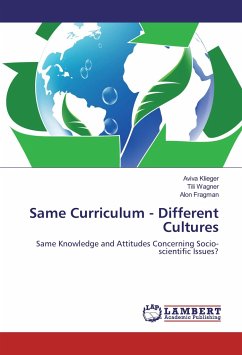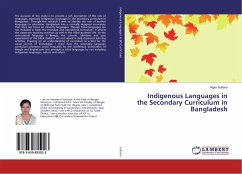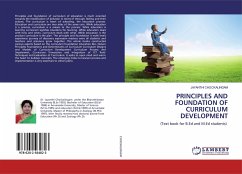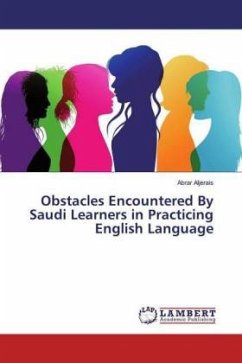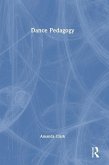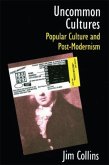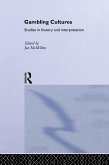Socio-scientific issues (SSI) play a significant role in decision making for citizens in the 21st century and thus should be listed as one of the major goals of science education. The current study examines whether high school students from two different sectors Jewish and the Arab sector studying the same science curriculum hold the same knowledge, attitudes and environmental behavior in the context of SSI (global warming, energy and water crisis). Students from both sectors lack knowledge on SSI and most students do not understand the causes for the environmental problems. Very few view the problems from a global perspective. This book raises a lot of questions regarding the role of the education system. Schools prepare students for becoming citizens of the future, whose activity and attitudes will determine whether the world will cope with the global dangers to the environment. In order to raise awareness on a global level and enhance activism on a personal level, the school science curriculum should integrate more SSI and refer to the different cultures of the students in order to change their attitudes.
Bitte wählen Sie Ihr Anliegen aus.
Rechnungen
Retourenschein anfordern
Bestellstatus
Storno

